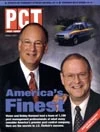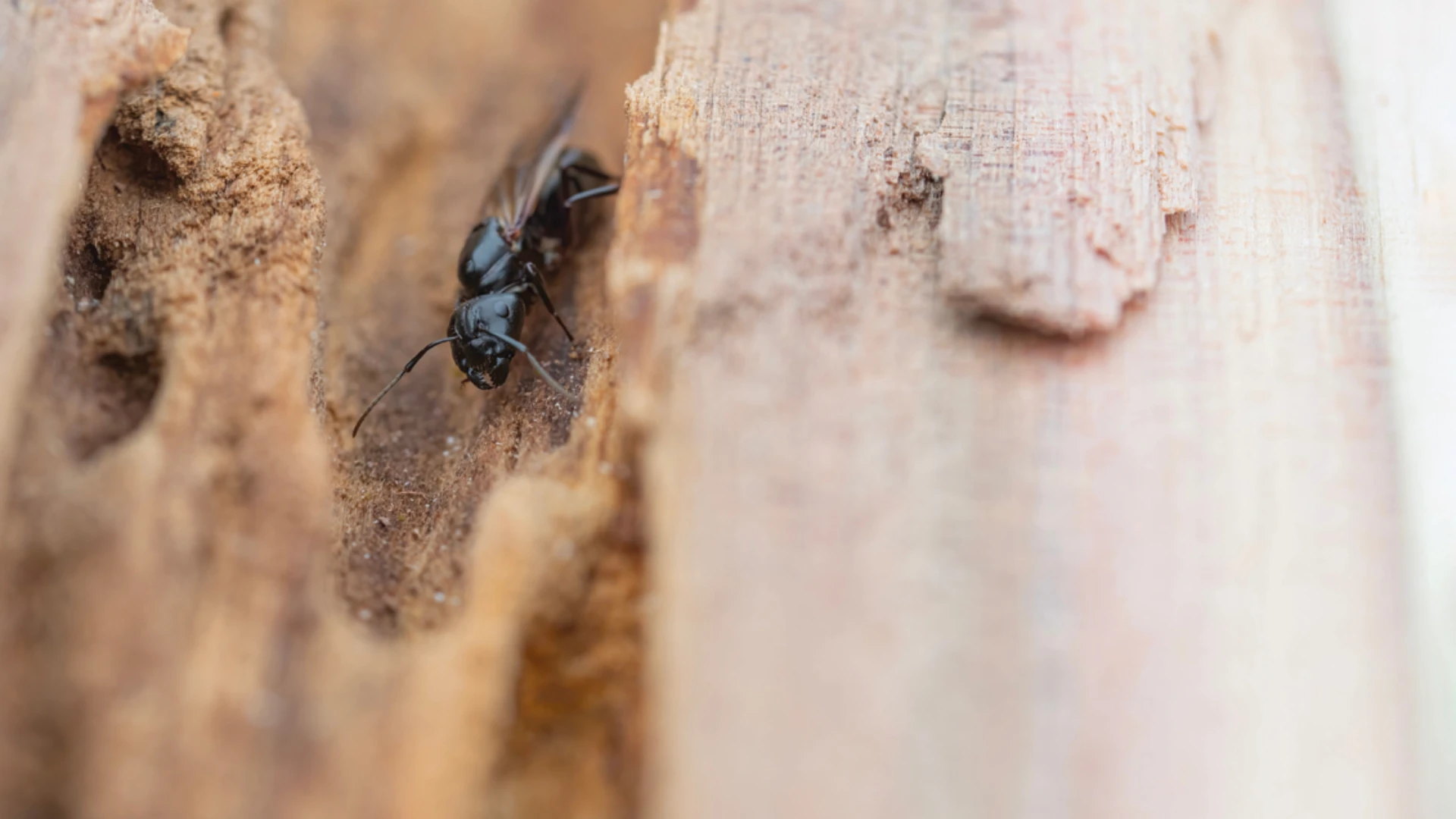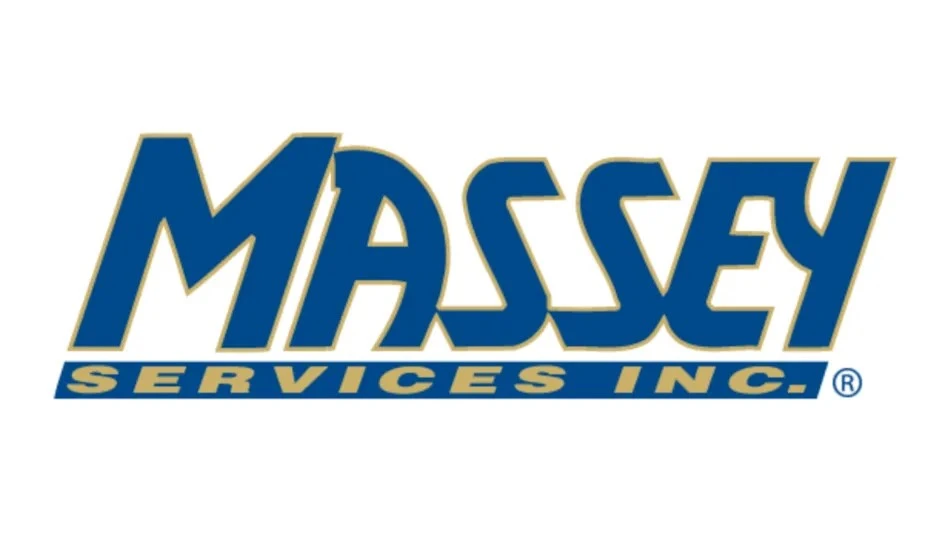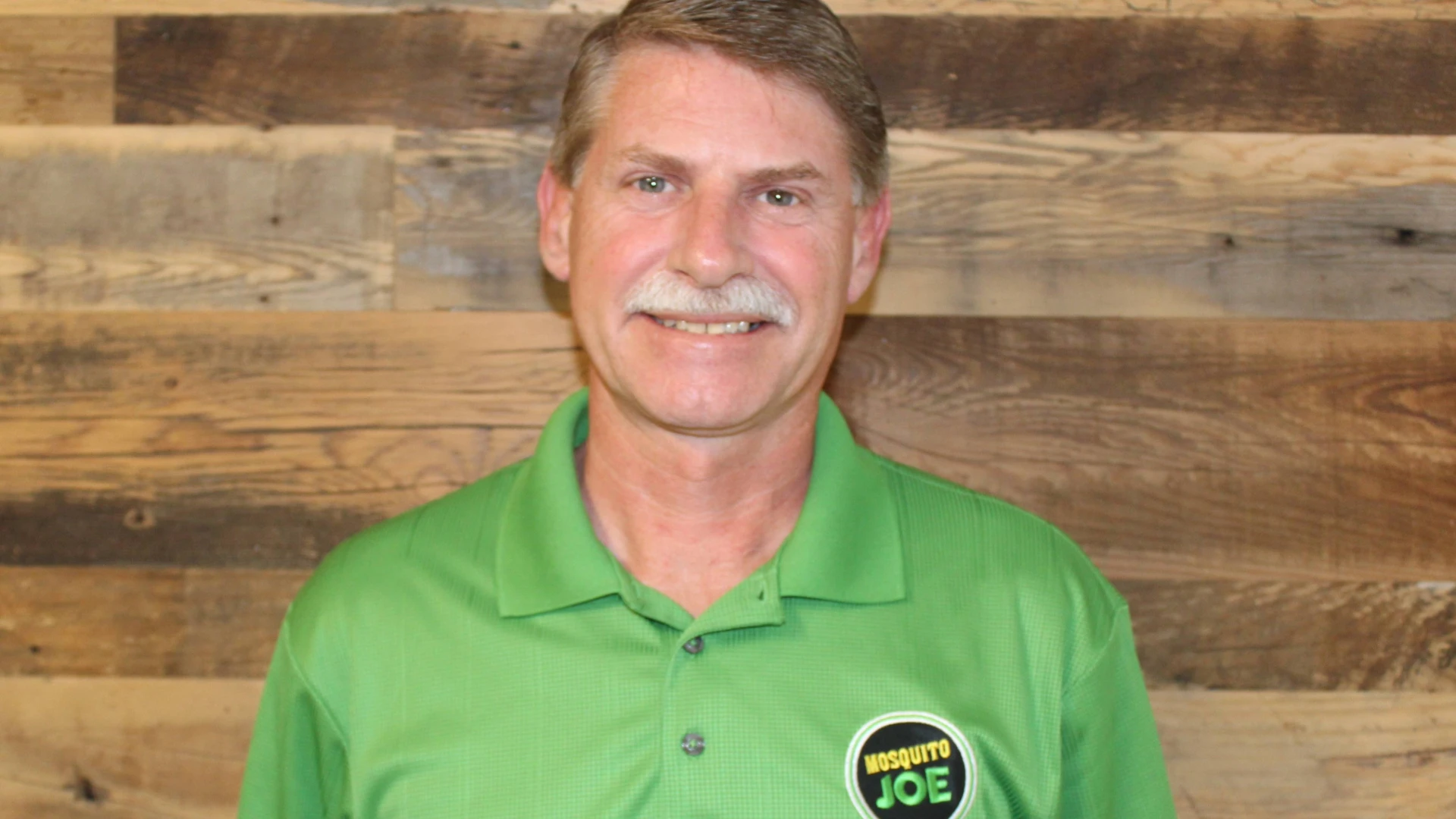NEW YORK CITY — Pest management professionals in New York are putting their lives and businesses back together in the wake of Sept. 11’s terrorist attacks on the World Trade Center buildings.
Mike Deutsch, technical director of Manhattan-based Assured Environments — which serviced accounts in the World Trade Center buildings North, South, No. 5, No. 7, plus 1 Liberty Plaza and 130 Liberty Plaza — says his company was fortunate not to have suffered any fatalities. One Assured Environments technician was hospitalized with minor injuries from the incidents.
"He got trampled trying to get out of the way (in the aftermath of the explosion)," Deutsch reports. "Physically he’s going to recover, but mentally he’s in bad shape. He saw some things that really disturbed him, but he should be all right."
Deutsch also said he had one technician just barely escape tragedy at the World Trade Center North building. The technician was waiting for an elevator to take him to the 50th floor when the building was rocked by the explosion.
"He heard the explosion, immediately left the building and when we saw him he was covered with white dust and debris," Deutsch said.
Uniondale, N.Y.-based Knockout Pest Control Company also services lower Manhattan. The company’s president, Arthur Katz, said his employees have felt apprehensive ever since the attacks occurred. "Nearly everyone here is living in fear. Our technicians are nervous about going into New York for any kind of work," Katz said. "There are a lot of bomb threats in the city and a lot of rumors flying around. They closed down the bridges to the Staten Island borough (Sept. 13) because of a bomb threat and we had a man out there doing work. We told him if they don’t open the bridge that we would just pay for his hotel room. But eventually they reopened it."
Katz is among the thousands of New Yorkers who are looking for ways to help the disaster relief efforts just a few miles away. He offered his employees a day off work if they donated blood and is encouraging them to donate to the United Way disaster relief fund. Also, several Knockout technicians who are volunteer firemen have been called to duty in Queens and Brooklyn so New York City firemen could work at the rescue site in Manhattan. "Businesses all over New York have been looking to help in any way they can, but there’s just not a lot we can do right now," Katz said.
But it wasn’t just pest control companies that were affected by the events on Sept. 11.
Vopak and several other pest control product distributors (including York Distributors, Essco and Residex) donated needed materials to the rescue efforts. The companies jointly donated about 75 respirators with HEPA filters, 120 replacement cartridges, 200 rubberized dust and particle masks, and 80 pairs of goggles and safety glasses.
Tommy Nelson, Vopak Professional Products and Services Northeast district manager, together with several N.Y. City police officers, delivered the products to the site on Friday, Sept. 14. "We quickly assembled the respirators and started distributing them to the rescue and recovery operations," he said. "Needless to say, everyone was very grateful to us. I’ve even seen police officers wearing one or two on the news."
From a pest control perspective, Deutsch expects rodent control to be the biggest challenge. "What I expect once the rubble clears are rodent problems," he said. "Mice and rats have been dislocated and scattered all over the place." Deutsch added that once damaged buildings are reopened, they’ll be cleaned out, so his company will have to reinstall baits, monitors and traps. "We’ll probably be working seven days a week, 24 hours a day, in the near future," he said.
‘HOT BED’ OF ISSUES DISCUSSED AT ASPCRO MEETING
FT. LAUDERDALE, FLA. — Pest control industry leaders and pest control regulatory officials from throughout the country exchanged ideas and discussed pressing regulatory issues at the Association of Structural Pest Control Regulatory Officials (ASPCRO) Annual Meeting in Ft. Lauderdale, Fla., Aug, 26-29.
A wide array of "hot" topics fueled discussions at this year’s meeting, such as IPM in schools, termite baiting as a stand-alone pretreatment, efficacy requirements of termiticides and the ongoing challenges of coexisting with the home building industry.
Bob Rosenberg, director of government affairs, National Pest Management Association (NPMA), updated conference attendees on NPMA’s efforts to support the School Environmental Protection Act (SEPA) — a component of H.R. 1, the Better Education for Students and Teachers Act — which is currently under review by the House-Senate Conference Committee.
Rosenberg said that NPMA supported SEPA because it was "flexible" legislation, allowing each state to adopt an IPM plan, included a balanced definition of IPM and had numerous exemptions.
John McCauley, director of division of pesticides, Kentucky Department of Agriculture and incoming ASPCRO president, then presented the "state’s perspec-tive"of SEPA. Although ASPCRO concurred that SEPA was a good legislative alternative, it was concerned about the difficulty and costs states would have implementing SEPA.
Termiticide efficacy and the termite pretreatment challenges were hot topics of a roundtable discussion that included Jim Wright, Clemson University; Donnie Blake, Okolona Pest Control; Kelli Okuma, California Department of Consumer Affairs; Tom Diedrich, Orkin Pest Control; Mary Ellen Setting, Maryland Department of Agriculture; Mel Edelstein, Certified Pest Control Operators Association of Florida; George Saxton, Office of Indiana State Chemist; Bryan Cooksey, McCall Services; and Mike Katz, Western Exterminator Co.
The latest research updates on termiticide efficacy, new technology, new chemistry and scientific breakthroughs for the structural pest control community were provided by Dr. Nan Yao Su, University of Florida, and Dr. Mike Potter, University of Kentucky.
Other highlights from this year’s meeting included a roundtable discussion centered around termite protection and building codes. Roland Holt, Palm Beach County Building Department; Paul Hardy, Orkin Pest Control; and Carl Falco, North Carolina Department of Agriculture each shared their unique perspectives on this topic.

Explore the October 2001 Issue
Check out more from this issue and find your next story to read.
Latest from Pest Control Technology
- CAPMA Hosts 2025 Legislative Day in Sacramento
- Grizz Pest Management Bartends for a Cause
- Rose Pest Solutions Becomes Official Pest Provider of Chicago Fire FC
- WSPMA Hosts Legislative Day at Washington State Capitol
- A-1 Pest Control Marks 59 years in Business
- Hawaii PCO Shares Regulatory Challenges, Business Impacts from Lahaina Wildfires
- 5 Tips for Reducing Waste in the Office and in the Field
- OvoControl Now Available in Chile





